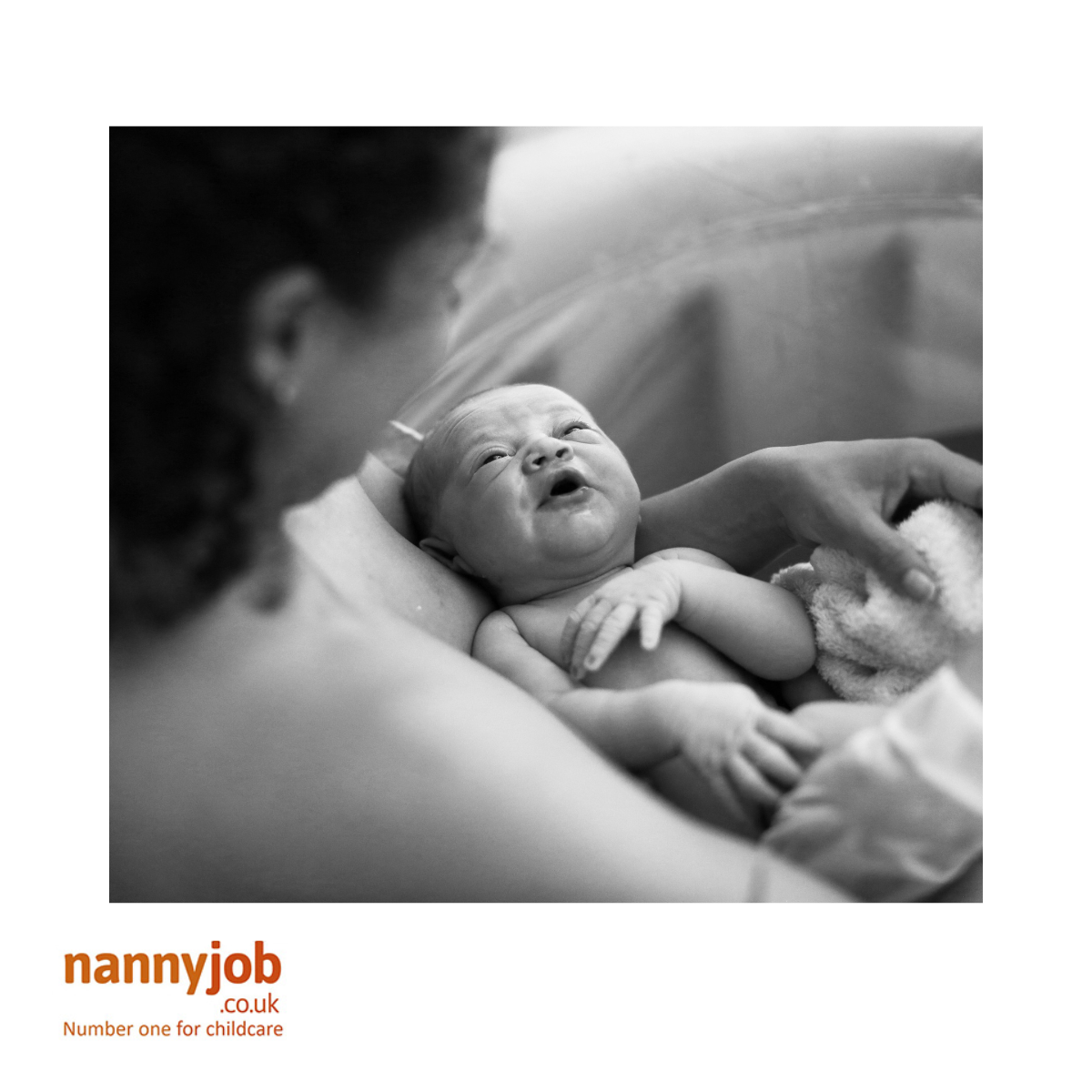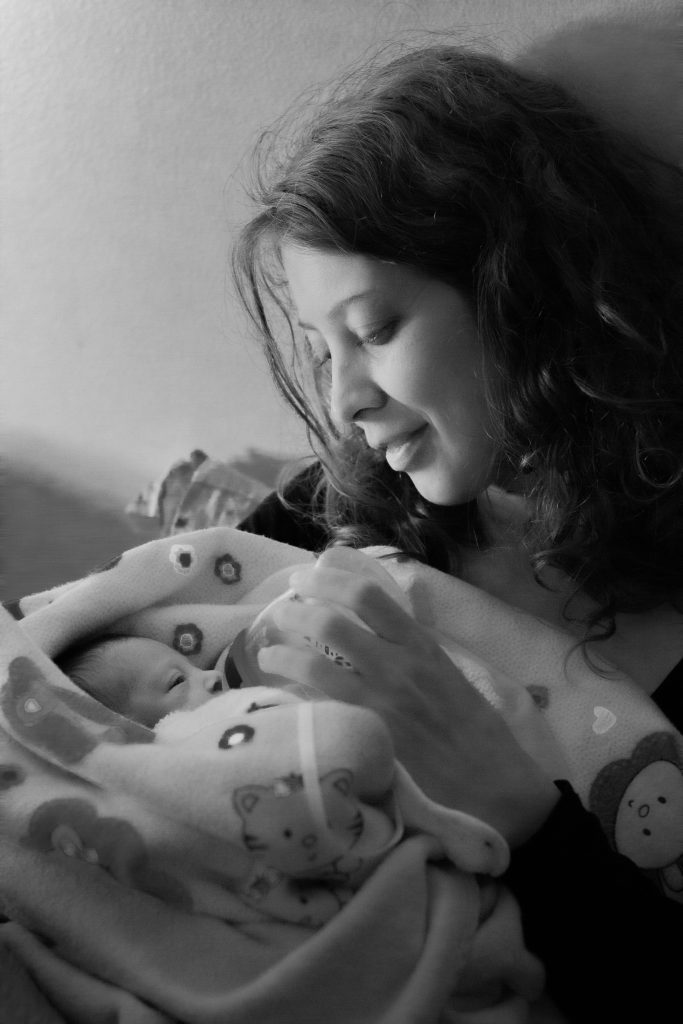Introduction
Childbirth is a profoundly personal experience, and for many parents in the UK, having their baby at home presents an attractive alternative to hospital births. Home births can offer a more comfortable, familiar environment, and a tailored birth experience. This blog delves into the benefits of choosing a home birth, addressing safety concerns, and the support available for parents considering this option.
Benefits of Home Births
Comfort and Familiarity
One of the most significant advantages of a home birth is the ability to be in a familiar and relaxed environment. Being at home can reduce stress and anxiety, which is beneficial for both the mother and the baby. Women often feel more in control of their birthing experience, which can lead to a more positive and empowering birth.
Personalised Care
Home births are usually managed by midwives who provide one-to-one care, creating a more intimate and personalised experience. This allows for a deeper level of support and a tailored approach to managing labour, in contrast to the more clinical and sometimes impersonal environment of a hospital.
Flexibility in Birth Choices
At home, mothers have more flexibility in how they want to manage their labour. They can move around freely, choose different positions for comfort, and involve their loved ones to the extent they prefer.
Safety and Considerations
It’s important to note that home births are recommended for low-risk pregnancies. Studies have shown that for such cases, home births can be as safe as hospital births, with lower rates of interventions and complications. However, it’s crucial to have a plan in place for rapid hospital transfer if necessary.
Support for Home Births in the UK
The NHS supports home births and provides access to midwifery services to ensure that parents who choose this option receive the necessary care and support. Parents considering a home birth should discuss it with their healthcare provider to understand the logistics and support available.
Conclusion
Home births can offer a beautiful, intimate, and empowering option for many families. With the right preparation and support, it can be a safe and fulfilling choice that enriches the childbirth experience. As more families consider the benefits of birthing at home, it’s vital to continue promoting informed choice and access to supportive care.




